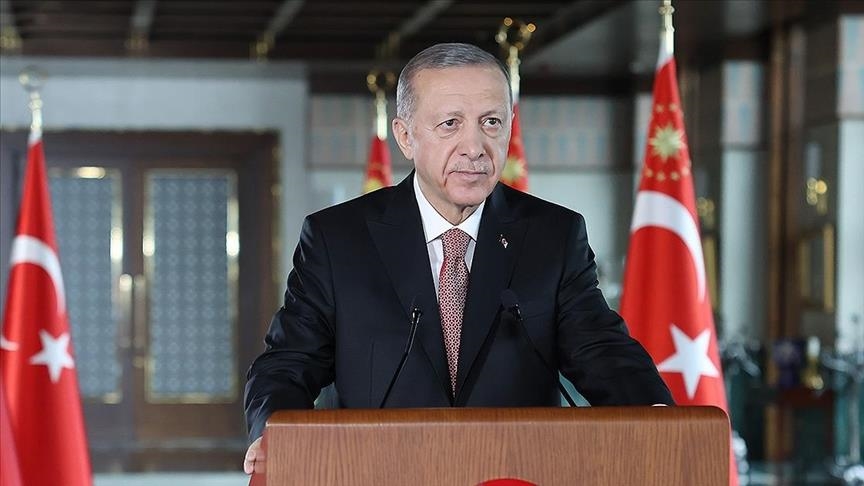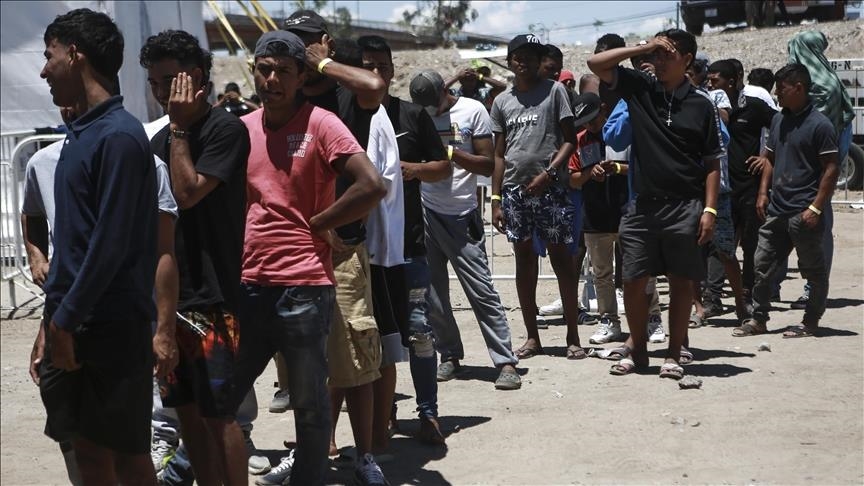Nigerian Islamic Court Quashes Lawal’s Death Sentence
The ruling, described by the BBC’s Anna Borzello in Katsina as having been expected, was read out to a packed courtroom in the appeal court in the northern town of Katsina.
The panel of judges said the decision to acquit Lawal was based on procedural errors at her original trial and the fact that her adultery was not proved beyond doubt, said the BBC News Online.
Lawal, a village housewife, was last year convicted of adultery under Sharia (Islamic law), and faced becoming the first person to be stoned to death since its reintroduction in Nigeria, reported Agence France-Presse (AFP).
The Islamic court ruled the conviction couldn’t stand because Lawal wasn’t given enough time to understand the charges against her; only one judge, instead of the required three, presided at her trial; and she was not caught in the act of sex out of wedlock.
Lawal has identified her alleged sexual partner, Yahaya Mohammed, and said he promised to marry her.
Mohammed, who would also have faced death by stoning denied any wrongdoing and was acquitted for lack of evidence.
The court ruled that Lawal should have been allowed to retract her alleged original "confession", which was taken by a village court after "fundamentalist vigilantes" raided her home at night shortly after the birth of her daughter Wasila.
Without her clear confession or four witnesses, Lawal, under Sharia, should not be punished.
Any defendant has the right to withdraw a confession, which should be made at least four times before a panel of judges, rather than just once before one judge as in Lawal’s case, judge Ibrahim Mai-Ungawa said.
Nigeria’s federal police should not have pressed charges in the case, he added, unless they had four witnesses to the alleged adultery.
Katsina State prosecutors said after the hearing that they had three months to decide whether to appeal the verdict to a federal court.
Lawal appeared before Katsina Sharia Appeal Court cradling Wasila, who has grown a thick head of curls since making her first public appearance at her mother’s trial in March last year, when she was only a few months old.
Since then, photographs of mother and child sitting meekly in front of panels of robed judges have flashed around the world, and the case has become the center of an international dispute.
Hailed
Lawal’s supporters hailed the majority ruling, which split a panel of Katsina State’s top Islamic lawyers four to one, as a vital step forward in ensuring the legal rights of Nigeria’s more than 60 million Muslims, reported Agence France-Presse (AFP).
"It’s a victory for law, it’s a victory for justice. Today we are celebrating the victory of law over the rule of man," said Lawal’s friend and lawyer, Hauwa Ibrahim.
"Amina is free. Amina has been discharged. Amina can have her life back," she told reporters outside the court, as Lawal and her baby daughter Wasila were whisked away in a police vehicle with a heavily armed escort.
"Amina’s struggle is the struggle of one person, one highly mediatied combat. But there are other such struggles around this country," said Catherine-Danielle Mabille of the French-based group Doctors Without Borders.
Legal rights campaigners said that her acquittal was a step forward, but that it must be seen as a first step in ensuring that due process be followed in future Sharia cases.
Lawal’s lawyer told reporters she hoped the victory of her client would serve as a useful but non-binding precedent that could be cited in appeal cases in other states. Each of Nigeria’s 36 states has an independent judicial system.
Three alleged adulterers had already been cleared when Lawal came to court, but several more — including a young couple of former lovers — are awaiting trial or appeal hearings.
Lawal’s acquittal will come as a great relief to President Olusegun Obasanjo’s secular federal government.
The Christian president has so far refused to challenge Sharia in the Supreme Court, despite claims that it is unconstitutional, for fear of offending Muslims, half the population of Africa’s most populous country.
Since Nigeria’s return to civilian rule in 1999, Sharia has been effective in 12 of Nigeria’s 36 states. Nigeria, a country of some 120 million people, is divided between Muslims, who predominate in the north, and Christians in the south.


